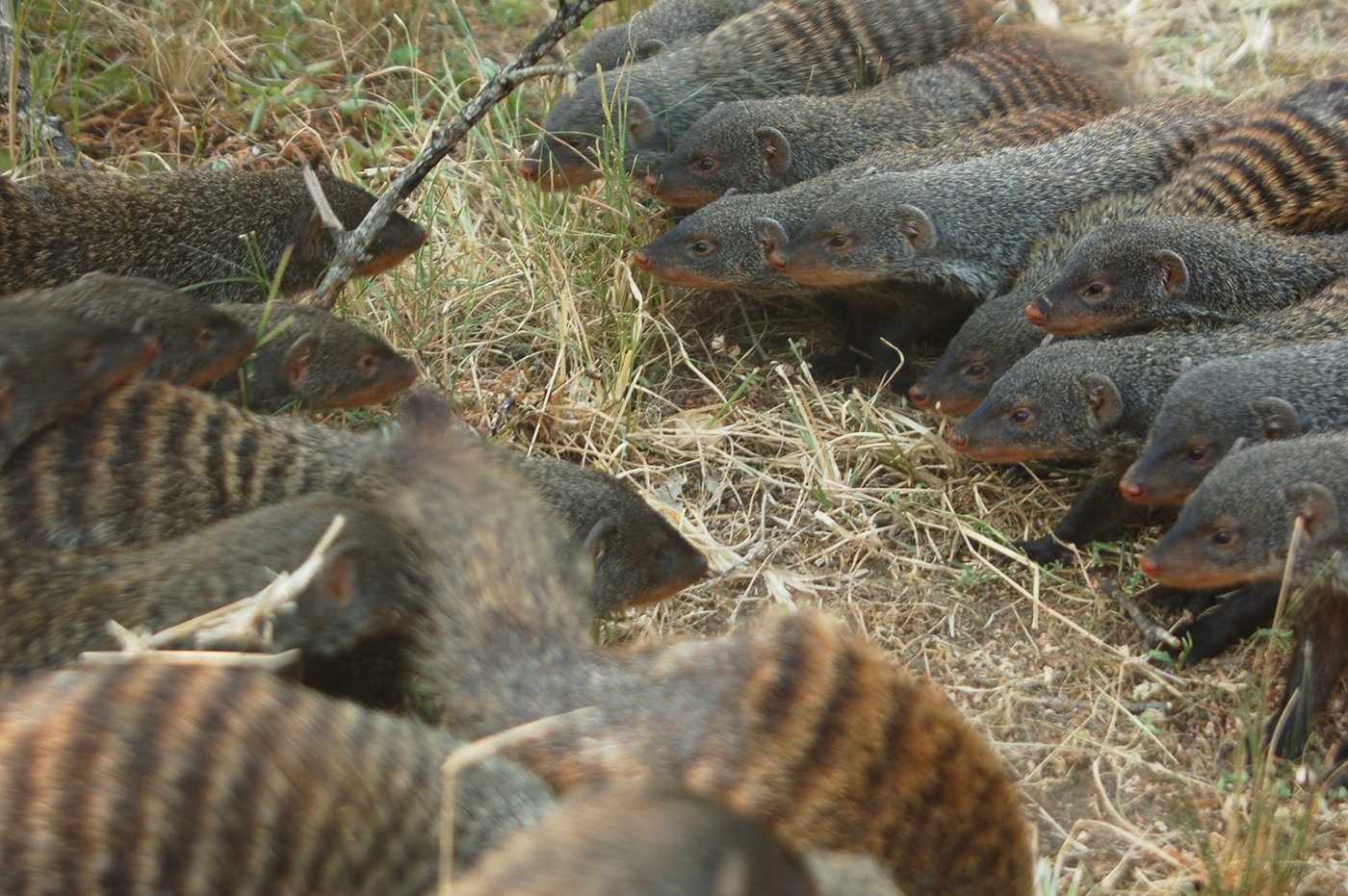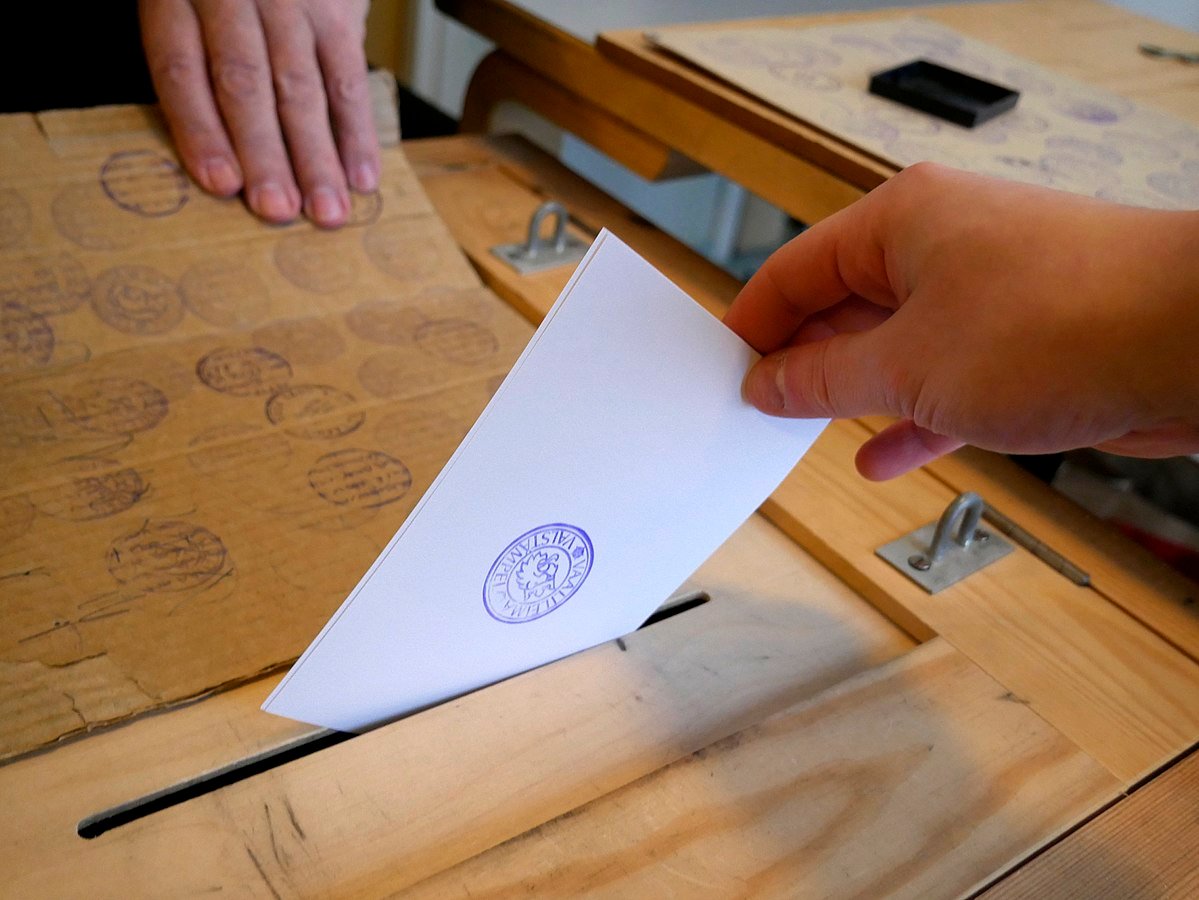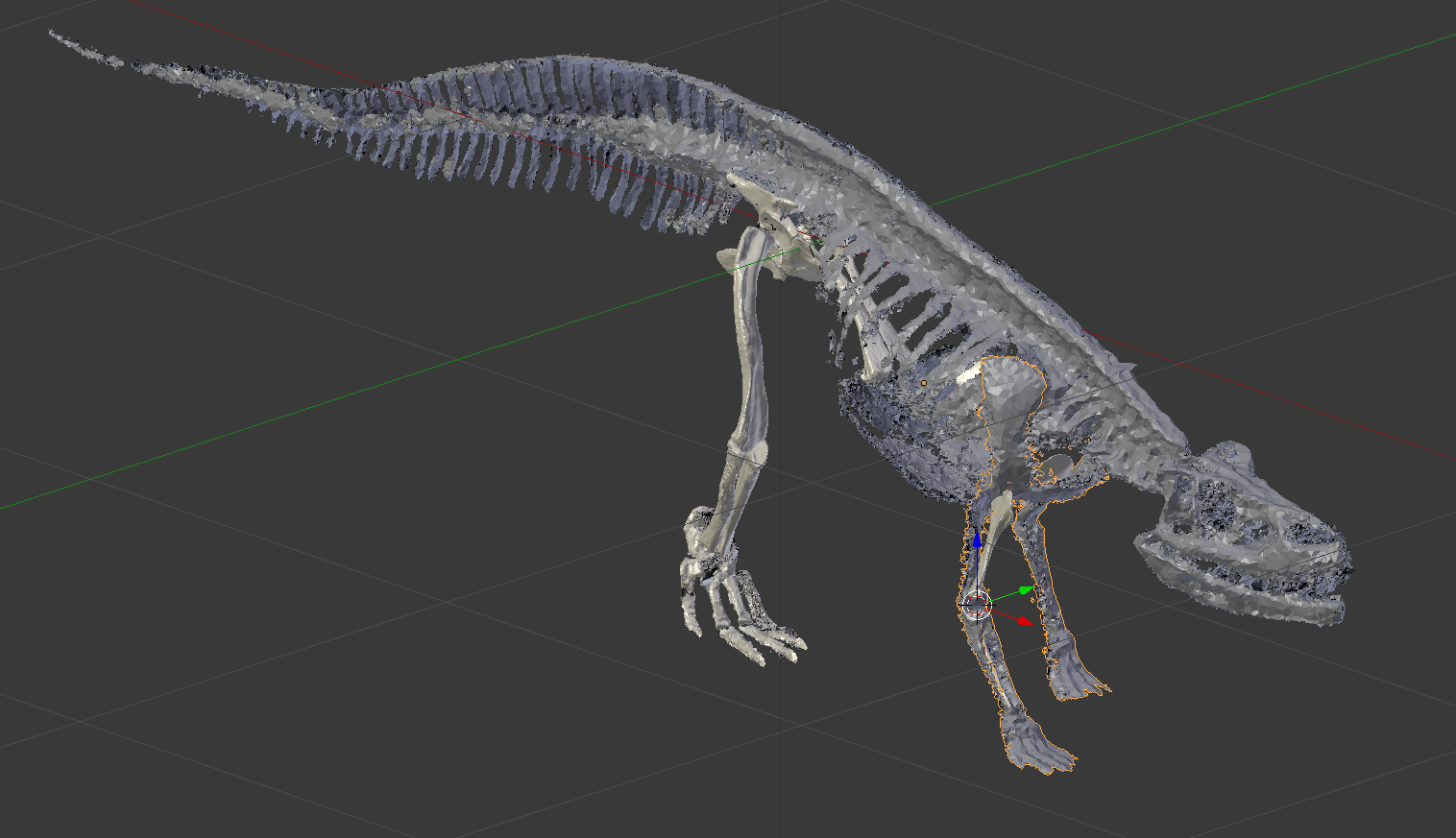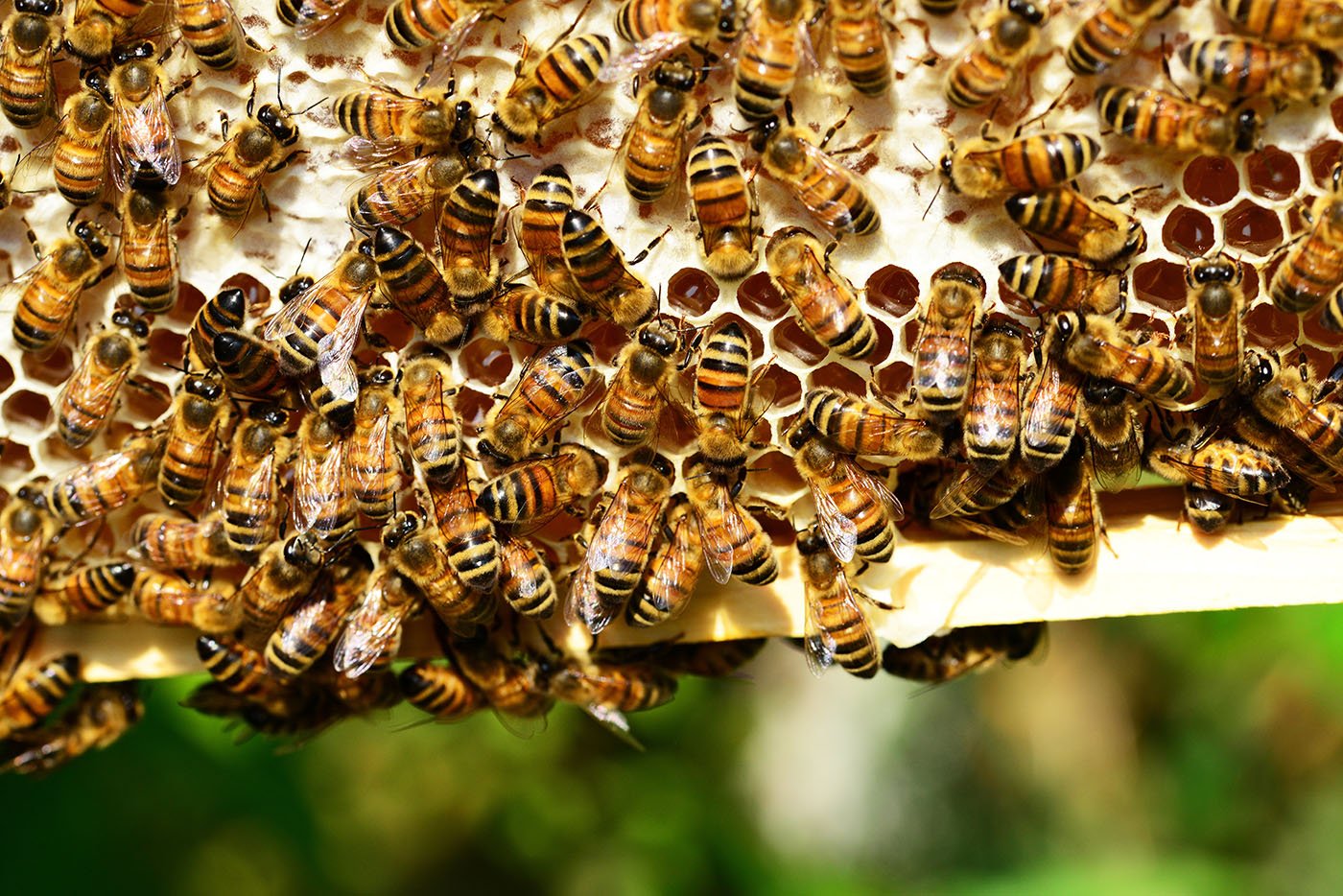Why meerkats and mongooses have a cooperative approach to raising their pups
Raising children can be a tough job, especially when doing it alone, but some animals like meerkats and mongooses work together to raise their young. Studies of these cooperative creatures are revealing how this highly social behaviour evolved and is shedding light on the roots of our own species’ collaborative abilities. Living in the flat, … Read more






